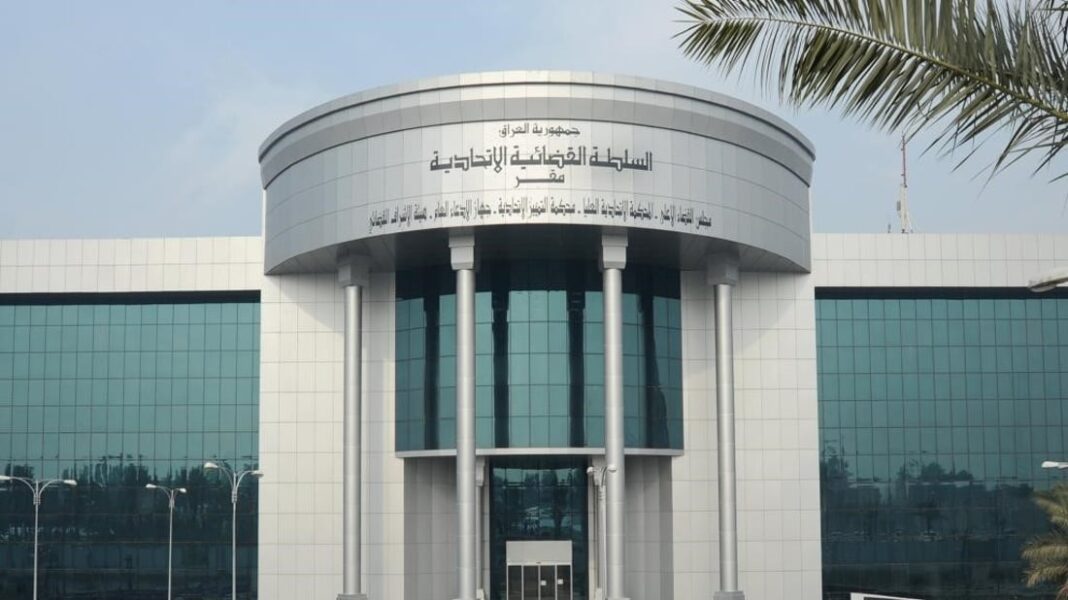Iraq’s Communications Ministry denies Vodafone contract after speculation spread through recent political statements. The ministry firmly rejected any partnership, stressing that the national mobile license project remains in early stages. Importantly, officials confirmed no agreement exists with Vodafone at this time.
Omar Abdul-Razzaq Musahab, spokesperson for the ministry, addressed the issue in an official statement. He explained that the ministry had noticed public remarks made by a parliament member regarding an alleged investment deal with Vodafone. However, Musahab emphasized that such reports were misleading and lacked credibility. He declared, “We clearly confirm that we have not signed any contract with Vodafone.
Furthermore, the spokesperson criticized these claims as part of election tactics. According to Musahab, the allegations were designed to harm national projects and distract from ongoing progress. Therefore, the ministry stressed its commitment to transparency and accountability in all operations.
In addition, the ministry reminded the public that developing the mobile license project requires significant groundwork. For this reason, officials underlined that discussions remain preliminary and no final agreements have been reached. Iraq’s Communications Ministry denies Vodafone contract repeatedly, ensuring clarity for citizens and media alike.
Moreover, Musahab warned against exploiting service-related issues for political purposes. He noted that communication services should serve the people and not become tools for election disputes. Thus, the ministry expressed readiness to respond to any attempt to misrepresent its work.
The clarification from the ministry carries weight, as rumors about international contracts often spark public debate. Yet, Iraq’s Communications Ministry denies Vodafone contract in strong terms, aiming to protect both its reputation and its national projects.
As Iraq continues building its telecommunications sector, transparency remains crucial. The ministry highlighted its dedication to serving citizens while also defending its work from political exploitation. Consequently, this denial reinforced the ministry’s position and restored public trust in its efforts.



